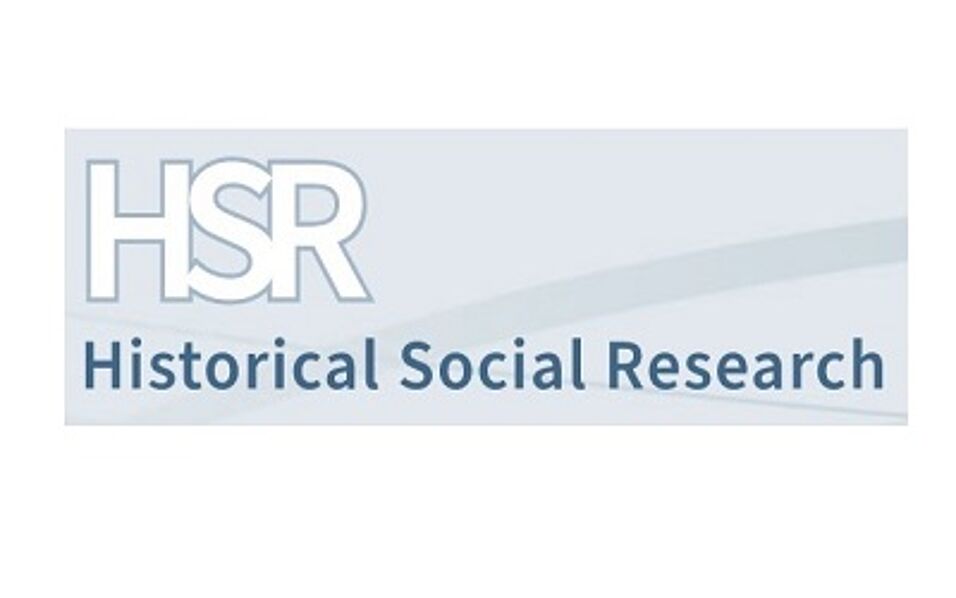HSR Forum - Emma Dowling, Ayse Dursun, Syntia Hasenöhrl, Verena Kettner & Birgit Sauer (Eds.): Caring in Times of a Global Pandemic.
This HSR Forum investigates the impact of the COVID-19 pandemic and the measures to contain it in a cross-national perspective with regard to the areas of care, social reproduction, and affective security policies. The COVID-19 pandemic exacerbated an existing crisis across different unpaid and paid domains of care and social reproduction. It revealed just who exactly keeps life going by doing the jobs that no society can do without. The management of the pandemic relied on significant swathes of unpaid or underpaid care work without sufficient consideration of the conditions under which this work is carried out and without providing sufficient resources and support. Self-organised practices of care and mutual aid in the pandemic potentially pointed to the possibilities of more progressive or even radical care infrastructures, while public welfare, health, and social care systems were vital in responding adequately and inclusively to the pandemic. In the wake of the pandemic, a key question is how capitalist economies will adjust, and how the pandemic may act as a catalyst for change. This volume brings together nine theoretical and empirical articles investigating the coronavirus pandemic and the containment measures implemented in eight different countries: Austria, Germany, Mali, UK, Greece, Serbia, India, and Turkey.
Open access to the whole special issue
Ayse Dursun, Birgit Sauer & Verena Kettner: Corona, Care, and Political Masculinity: Gender-Critical Perspectives on Governing the COVID-19 Pandemic in Austria
The article departs from the contradiction that the importance of care for society was publicly acknowledged during the COVID-19 pandemic, but the pandemic response of the Austrian government did not challenge the structurally devalued status of care. In order to sustain the hegemonic patriarchal-capitalist governance of care and social reproduction in the pandemic government actors had to reframe care. We investigate government discourses that normalised its careless crisis management and interrogate the role political masculinity and affects played therein. Based on our analysis of a set of selected press conferences held in March 2020, we find that a new mode of rational-affective political masculinity was constitutive of the political management of COVID-19 crisis. With help of this hybrid mode of masculinity, political actors reinterpreted care first and foremost as healthcare and caring for the economy, and as caring for the population in terms of biopolitics. At the same time, caring tasks in the 'private' sphere were left to the personal responsibility of individuals and families. In order to generate consent, political actors frequently invoked affects that pertained to risk and danger on the one hand and solidarity and responsibility on the other.
Open access to the scientific article
Further information about the key research area "Gender and Transformation"

